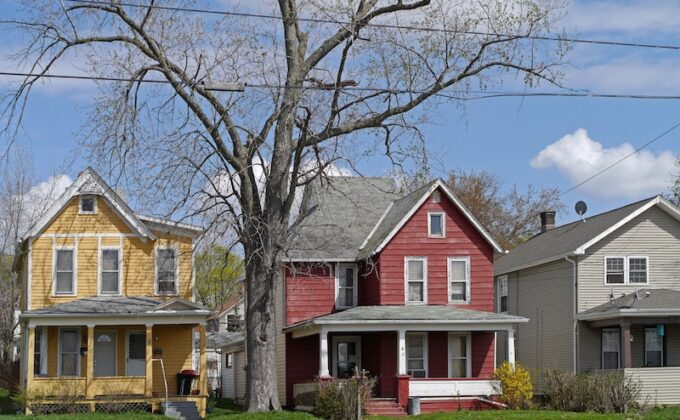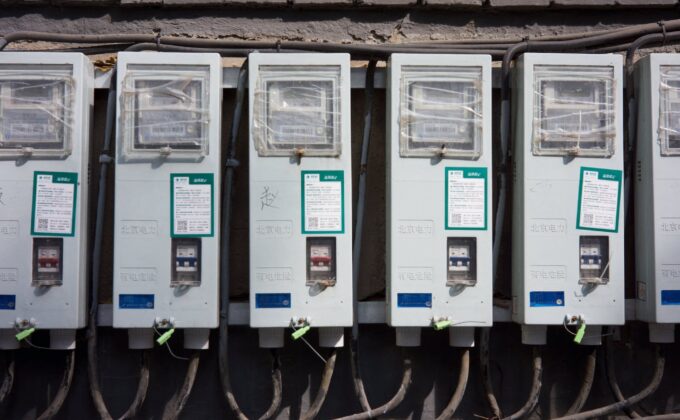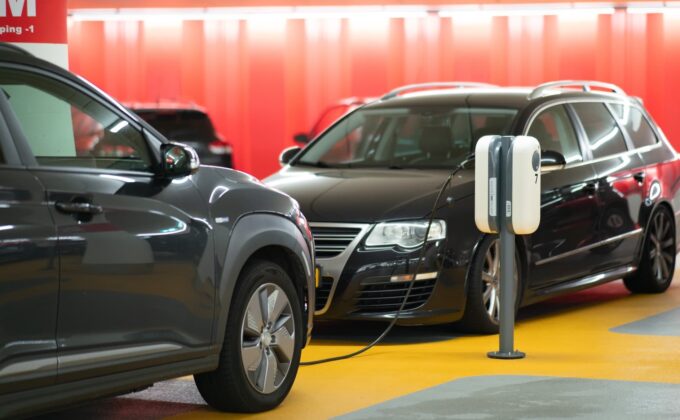
Blog
Incisive commentary from RAP experts
RAP experts keep their finger on the pulse of the energy sector and provide timely analysis of topics impacting stakeholders TODAY.
Filter >>
Content Filter:
October 14, 2021
Getting off the fossil fuel roller coaster
When the global economy picks up steam, so do commodity prices. Gas demand bouncing back to pre-Covid levels started a new upswing in the price cycle. We are seeing classic market dynamics at work: demand outstrips supply and… View Summary +

October 13, 2021
Participating in Power: A Practical Guide to Utility Resource Plans for Local Governments
- David Farnsworth ,
- Jake Duncan
To meet 21st century decarbonization and social equity priorities, utilities need to transform the way they plan power sector investments. One of the most important opportunities to encourage these changes is to become an effective participant in the development of… View Summary +

October 7, 2021
China looks to apply flexible time-of-use electricity tariffs nationwide
One major challenge for decarbonisation is mobilising consumers to play a bigger role in the clean energy transition. As consumers turn to electric appliances, including electric vehicles (EVs) and heat pumps, there are increasing opportunities for… View Summary +

September 17, 2021
Rebalancing energy levies is a practical way to increase the electrification of heat
Every year households in the UK install about 1.7 million gas boilers. In May, the Heating and Hotwater Industry Council reported that 2021 looks to be a record year for gas boiler sales, with year-to-date sales up 41 per… View Summary +

September 8, 2021
Trust, not control: Germany, EVs and the power of consumer choice
‘How electric vehicles endanger electricity supply’ rang the alarm in a major German newspaper in 2018. The author warned that the local electricity networks would collapse if people returned from work in the evening and all charged their cars… View Summary +

September 3, 2021
From laggard to leader: How the UK can capitalise on the heat pump opportunity
The urgent tone of the Intergovernmental Panel on Climate Change’s sixth assessment report, published on the ninth of August this year, shows the clear and stark need for immediate and rapid greenhouse gas emission reductions. Globally, across the EU… View Summary +

August 30, 2021
The Unsung Hero of the Climate Fight: Energy Efficiency
- Elaine Prause
It’s official: There is absolutely no time to waste, and our mission is clear. Whether or not you were surprised by the key findings from the recently released Working Group 1 contribution to the Sixth Assessment Report of… View Summary +

July 29, 2021
Lapping the Field: A Model Approach to Managing EV Adoption in Connecticut
- David Littell ,
- Donna Brutkoski
Sales growth of plug-in vehicles well outpaced the auto industry as a whole over the first half of 2021 — just another piece of evidence that utilities and regulators must move quickly and thoughtfully to meet the fast-increasing demand… View Summary +

July 21, 2021
In a Quickly Changing World, Gas Utilities and Regulators Need a Plan
- Megan Anderson
America’s favorite fictional salesman of propane and propane accessories, Hank Hill, may have said it best: “When you plan ahead, then when things happen, you’re prepared.” Changes in the energy sector have big ramifications for the way utilities… View Summary +

July 21, 2021
Electrification: Using more to emit less
Estimating the emissions savings associated with electrification is complex. A number of analysts have made admirable attempts to appraise emissions savings resulting from a shift to electric vehicles (EVs) from internal combustion engine vehicles or to electric heat pumps from… View Summary +

